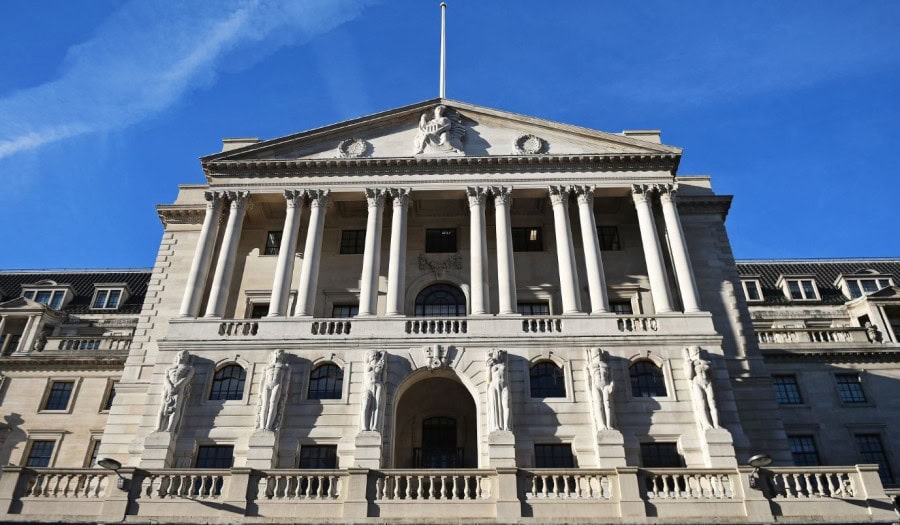London: In an effort to curb spiralling inflation, the Bank of England raised interest rates by the most in 27 years and issued a dire warning that the nation is in for a protracted recession.
As a result of a spike in energy costs brought on by Russia’s invasion of Ukraine, the Bank of England’s (BOE) Monetary Policy Committee decided on Thursday to raise its benchmark interest rate by 0.5 percentage points, to 1.75 per cent, by a vote of 8-1.
The rate has reached its highest point since December 2008, when the global financial crisis was at its worst.
Inflation is expected to exceed 13% in the last three months of the year, which would be a 42-year high, and remain “very elevated” during much of 2023, according to the BOE.
Additionally, it stated that the UK was in a recession with a maximum output decline of 2.1%, comparable to a dip in the 1990s but much less severe than the effects of the COVID-19 epidemic and the global financial crisis.
According to the bank, the economy will start to decrease in the fourth quarter of 2022 and continue to contract through the entire year of 2023, making this recession the longest one since the one that began in 2008.
Fed hikes key interest rate by 0.75% points
The decision of the BOE to raise key policy rates followed the Federal Reserve, the central banking system of the United States, that increased key interest rates on July 27 by three-quarters of a percentage point as part of its relentless push to limit rapidly rising inflation even as the economy slowed.
Central bankers voted unanimously to make the unusually large interest-rate move, and the policy-setting Federal Open Market Committee signalled in its post-meeting statement that more is coming, saying that it “anticipates that ongoing increases in the target range will be appropriate.”
The Fed’s policy rate, which trickles out through the economy to affect other borrowing costs, is now set to a range of 2.25 to 2.50%.
As he explained the logic behind the stiffest interest rate increases in roughly four decades, Fed Chair Jerome Powell was peppered with questions about whether the US economy was in or on the cusp of a recession – a notion he rejected because US firms continue to hire more than 350,000 additional workers each month.
“I do not think the US is currently in a recession,” he told reporters, citing an unemployment rate that is still near a half-century low and solid wage growth and job gains. “It doesn’t make sense that the US would be in recession.”
Read: Federal Reserve hikes key interest rate by 0.75% points










